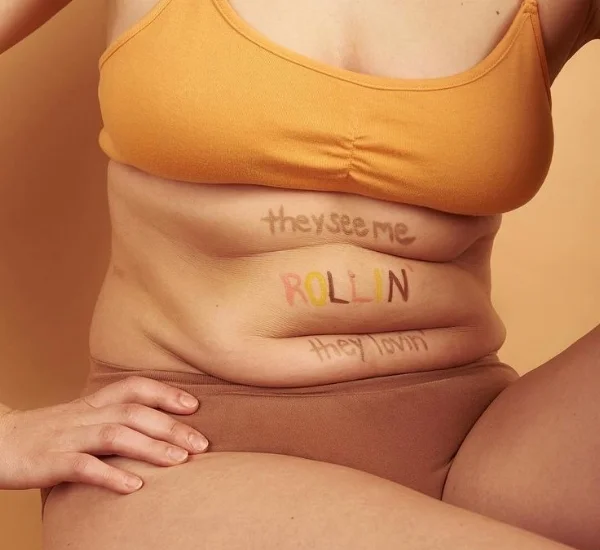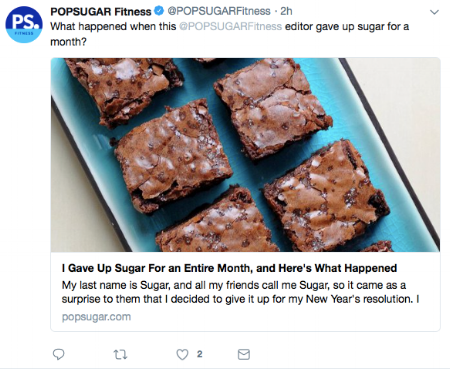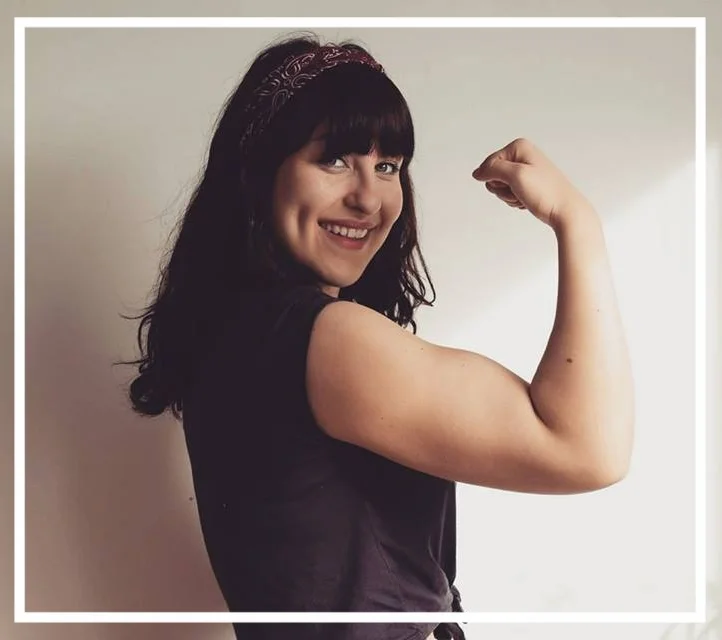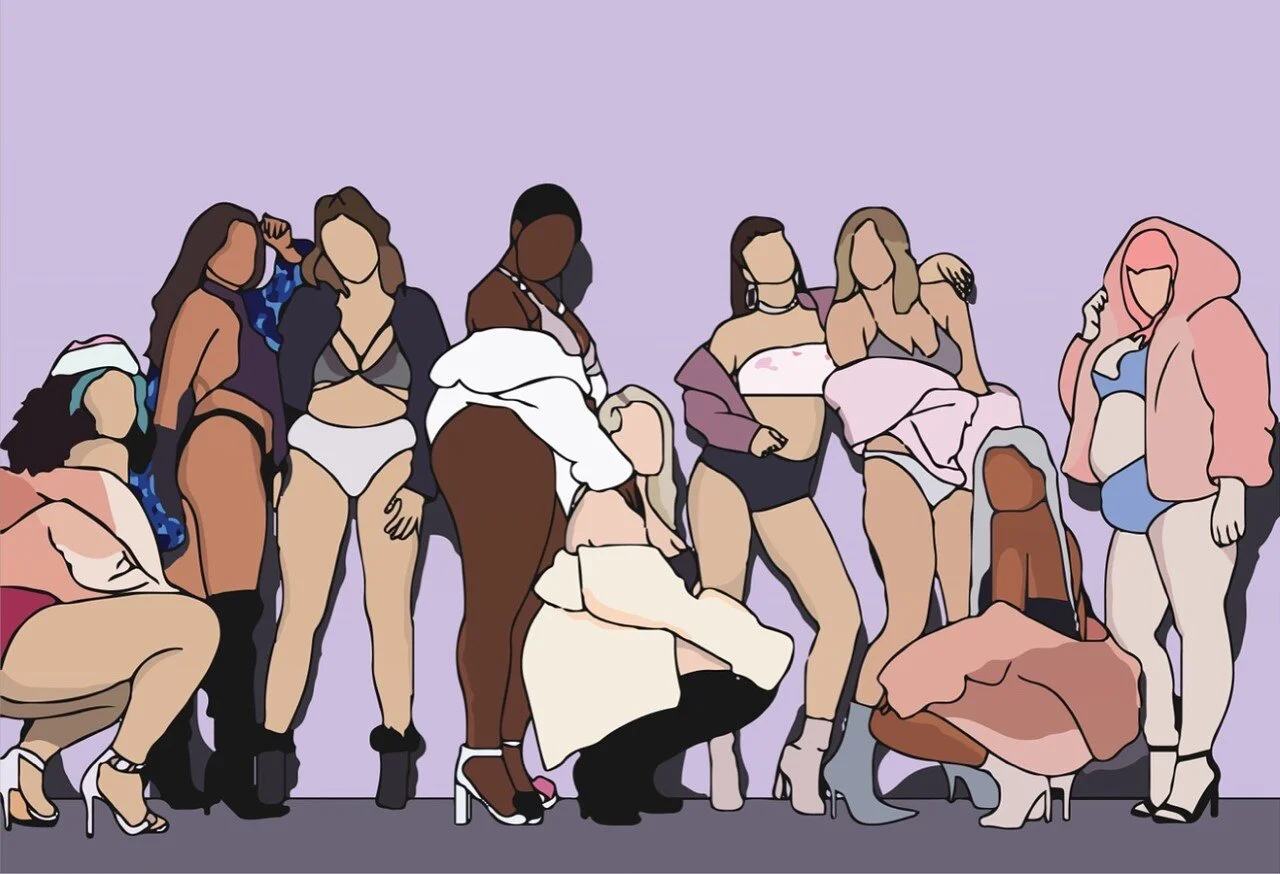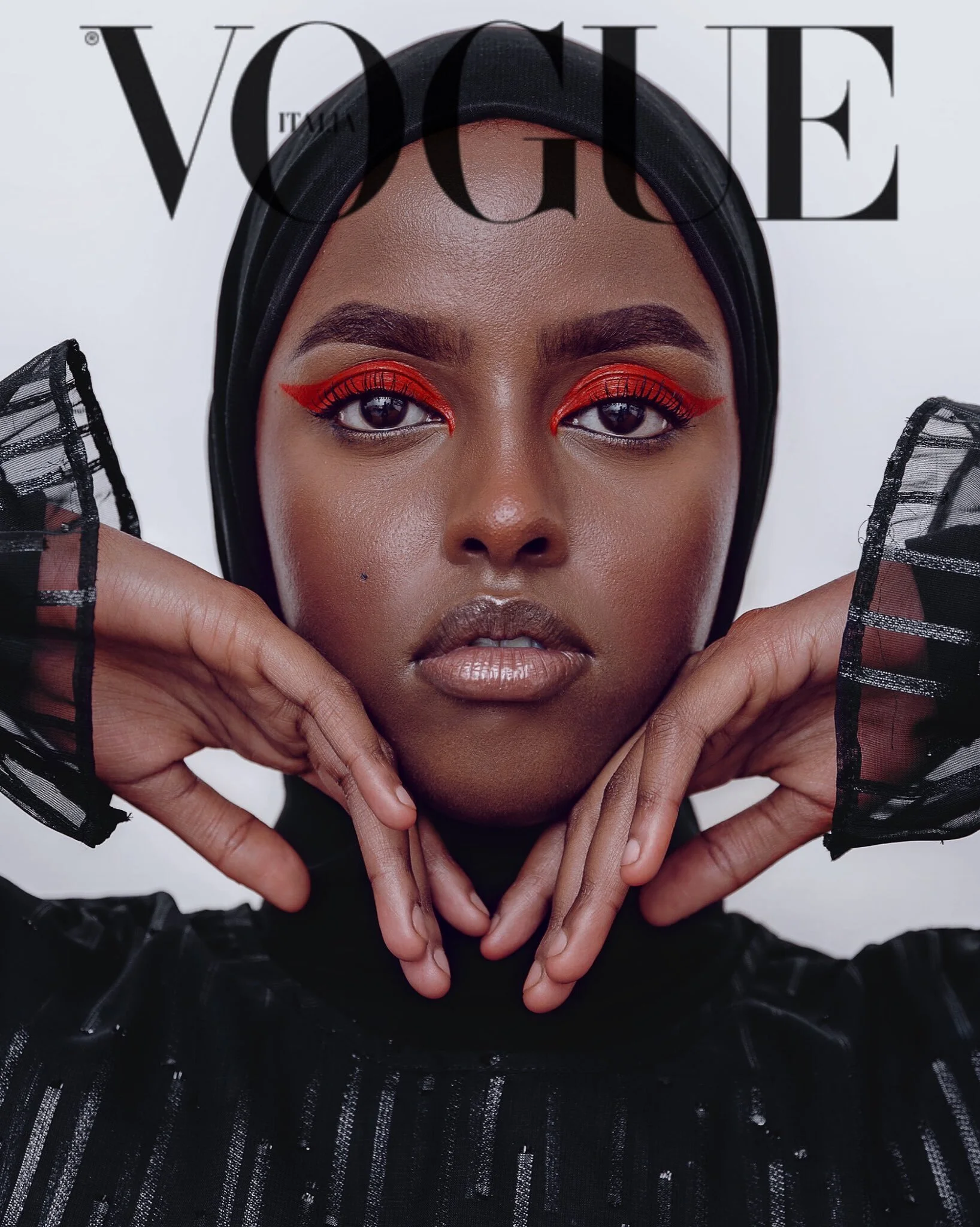The Instagram Diet: is Social Media Force-Feeding us Unhealthy Values?
by Emma Cownley
Take out your phone and open a social media app. I’ll bet it only takes a few swipes before you come across a post related to clean eating, the newest celebrity diet or a gorgeous fitness model, primed to infuse you with #fitspo. It’s the new, healthy way to live, and we just can’t get enough of it.
Therein lies the problem.
Until August of last year, I was one of the 1.25 million people in the UK suffering from disordered eating. Although I’ve suffered from it in varying degrees since I was 17, this most recent bout saw my weight plummet to 7 stone. I would exercise anything up to 3 times a day on less than a thousand calories and would refuse to eat anything I hadn’t prepared myself.
Although my disorder is triggered by stress, my social media addiction didn’t help. Through it, I found new ‘fear foods’ and tips for restricting. I found new ways to hate myself and new opportunities to compare myself to others. From people sharing gym selfies and lunch pics on Instagram, to entire ‘what I eat in a day’ videos on YouTube, I was surrounded by content which perpetuated unhealthy beliefs about food and body image.
Image sourced via Instagram
Now that I’m on the road to recovery, I can easily pick out the unhealthy messages which still pepper my timeline. It makes me wonder—do we underestimate just how much social media content dominates our lives and the ideas we hold as true?
Apparently so. A recent study on the relationship between social media and self-esteem showed a whopping 88% of people use it as a means of self-comparison. An individual’s self-esteem score could experience a 5.574 decrease for each hour spent on Facebook. According to Mediakixs, we spend more time on social media each day than we do eating, drinking or grooming—up to 9 hours for the average teenager.
So, let’s recap: we spend roughly 9 hours a day on social media, gobbling up content that tells us we need the perfect body, the perfect diet, the perfect life.
It’s a recipe for shit self-esteem and most of us don’t even know we’re gulping it down.
Image sourced via Pinterest
Social media is the bubble with which we surround ourselves. We choose who we follow and (in theory) how much we consume, but in making those choices, we’re eliminating the conflicting opinions we need to make an informed, educated decision. When you consider this in relation to health or self-worth, it has the potential to be incredibly dangerous.
To understand how social media messages can influence body image and eating, you have to get up close and personal with the ugliness of eating disorders. According to the Diagnostic Statistical Manual of Mental Disorders (DSM), the most common types of disordered eating are: anorexia, bulimia and binge eating disorder.
These three illnesses are a deadly cycle of restriction, binging and purging which feels impossible to break, while giving the illusion of safety, comfort and control to the sufferer. When you add the immersive, addictive world of social media into the equation, those warped, obsessive ideas about food and body image are exacerbated.
So, what? You’re smarter than that, right? You aren’t about to deliberately starve yourself to death or put your fingers down your throat. Unfortunately, disordered eating isn’t that black and white. You can ‘purge’ calories through exercise. You can ‘restrict’ by deliberately cutting back calories, fasting and eliminating food groups. Sounds scarily familiar, doesn’t it?
Image sourced via POPSUGAR
There’s a very real possibility that you’re passively digesting these messages without realising it.
Although your timeline is filled with content created by those you choose to follow, algorithms will also pull in results related to searches you’ve done. Every time you obsessively Google the calorie content of your lunch, search for ‘clean’ recipes, or hunt for your next punishing workout, the social media platform will pull in additional content to help you find what you need. Before you know it, your timeline is jam-packed with adverts and posts which promote weight-loss and self-improvement. It’s a destructive cycle.
Before you resign yourself to the life of a social media hermit, you should know that there is a solution.
It’s important to understand that social media isn’t the cause of low self-esteem, but a symptom of it. The real danger is using the polished, heavily curated content of others to measure our own self-worth. It’s in passively digesting what you’re shown, without question. Don’t worry though—you can knock it on the head. You just need a social media spring clean.
Start by ridding your social media accounts of the people, publications and companies that don’t make you feel awesome. Think about your own personal goals and people that inspire you, then replace the negative messages with positive ones which support your commitment to self-love.
Swap the attractive, pseudo-scientific influencers for people who are all about positive body image—awesome women like the Food Medic, Hazel Wallace, GBBO finalist and food journalist, Ruby Tandoh and TV presenter Jameela Jamil. Stay wise to those algorithms and remember to mark posts as ‘not interested’ or ‘don’t show me this again’, so you can gradually eliminate the content you aren’t in control of.
Most importantly, you need to ask yourself why you’re choosing to follow these people. Do you think a smaller dress size is indicative of success, health, perfection or happiness? Or are you simply interested in health and nutrition? Because here’s the thing:
If you don’t love yourself exactly as you are now, you won’t love yourself when you hit your goal weight.
Doesn’t matter what Facebook or Twitter tells you. I’ve been to the bottom of the scales, and I know first-hand. Your self-worth is not a dress size and wellness is not a diet.
You don’t need to count calories for the rest of your life. You don’t need to have slimming goals. You don’t need to hop onto the bandwagon because everyone online is telling you to. If you feel comfortable at your current weight and intuitively eat balanced meals, you’re golden.
Fuck the number in the back of your dress.
Fuck those who preach against eating to feed your soul as well as your body.
And double fuck the idiot who sees fit to comment on your size or appearance.
You’re perfect. Don’t change a thing.
Title image of Khrystyana Kazakova by Duy Võ. Sourced via Pinterest.
If you’d like to know more about disordered eating or need someone to chat to, you can reach out to Beat, the UK eating disorder charity.
Emma Cownley is a freelance creative copywriter and blogger, and founder of jot jot boom. Find her on Twitter. Read more from Emma on Harpy.
